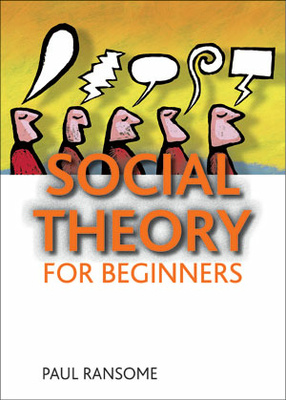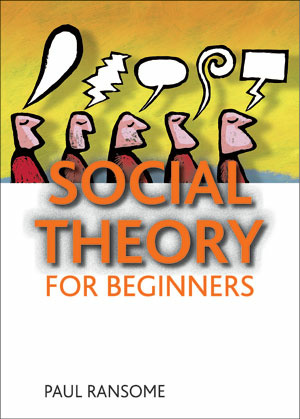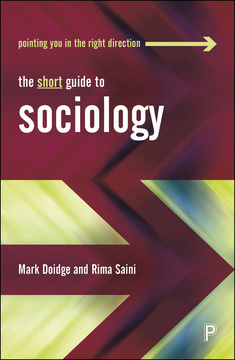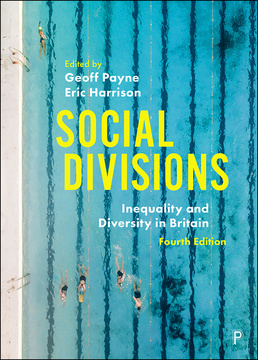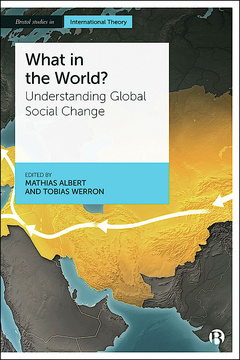Social theory for beginners
By Paul Ransome
Published
May 12, 2010Page count
496 pagesISBN
978-1847426741Dimensions
240 x 172 mmImprint
Policy PressPublished
May 12, 2010Page count
496 pagesISBN
978-1847426758Dimensions
240 x 172 mmImprint
Policy PressPublished
May 12, 2010Page count
496 pagesISBN
978-1447306023Imprint
Policy PressPublished
May 12, 2010Page count
496 pagesISBN
978-1447306030Imprint
Policy PressTreating social theory as an exciting intellectual journey in its own right, this new introductory-level textbook presents the key ideas and concepts in social theory together with an account of the intellectual background from which they emerged. Aimed at first-year undergraduates studying sociology and all related disciplines in the social sciences and humanities, it provides an introduction to the major questions and debates facing social theorists and sociologists. Clearly designed presentation and layout features help readers navigate their way around the material thus giving them the best chance of finding what they need quickly and easily. The book is supported by a companion website, containing additional materials for both students and lecturers using the book, which is available from the link above
"Very good for students who don't have a social science background" Ros Garrick, Sheffield Hallam
"Encyclopaedic in detail but also engaging, balanced, and accessible. Paul Ransome has produced a text of some originality: a beginners' guide that
covers every nook and cranny of social thought. I have little doubt that it
will prove to be of indispensable use for undergraduates of all levels of
study." Shaun Le Boutillier, Anglia Ruskin University
"The attention paid to the importance of metaphorical and chronological definitions is invaluable to beginners attempting to construct relevant literature around the different time scales in social theory." 2nd Year student in BA Human Geography
Paul Ransome is a lecturer in sociology, social theory and social research at Swansea University, UK. He has a professional interest in higher education pedagogy and also conducts research into work-life balance.
Introduction: who is this book for and how do I use it?; What is social theory?; Where did social theory come from?; Émile Durkheim and the coming of industrial society; Karl Marx, capitalism and revolution; Max Weber, rational capitalism and social action; Talcott Parsons, functionalism and the social system; Social interactionism and the real lives of social actors; Western Marxism, Antonio Gramsci and the Frankfurt School; Language, structure, meaning; Discourse and power: post-structuralist social theory; Feminist social theory; Reviving theories of modernity: Habermas, Giddens and Bourdieu; Theories of modernity and post-modernity; Reflexive modernisation: the global dimension and cultural theory; The boundary problem in contemporary social theory.







